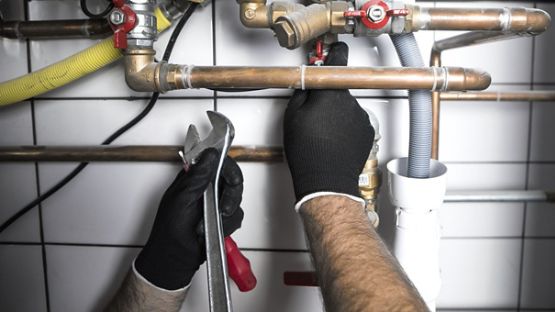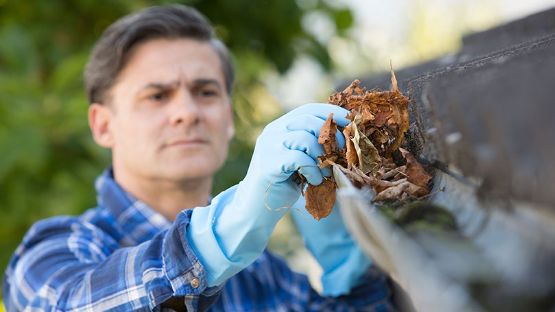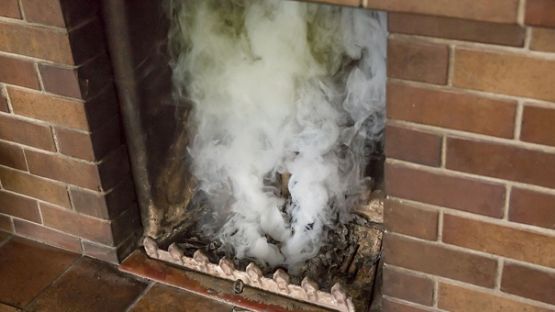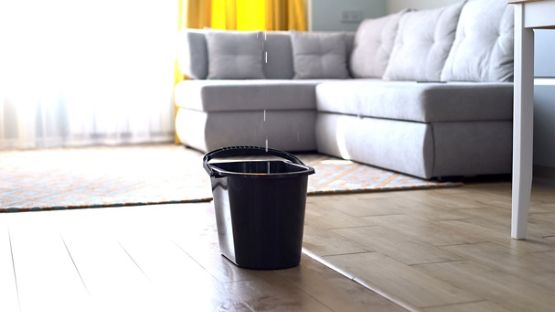The costs associated with digging up, repairing or replacing service lines can run into thousands of dollars. More than that, any damages to trees, shrubs and driveways due to repairs must be paid out-of-pocket by homeowners.
Alarmingly, many homeowners are not aware that service line failures — including water, sewer, septic, electrical and telecommunications lines — are not covered by most home insurance policies.
“Every homeowner needs to be knowledgeable on what they’re covered for and what they’re not,” advises Isabelle Bientz, insurance expert from Aviva. “Most service lines run underground, making it easy to forget the importance of getting them checked for repairs. A lot of homeowners are also not aware that they own the outdoor service lines from their property line to their house, and behind their house to a well, septic tank or out-building.”
Before the unexpected break, leak, tear, rupture or collapse occurs, homeowners need to ask themselves these questions about their service lines:
1. How old are your pipes?
The average lifespan of water pipes is 25 years, but the average age of pipes in many areas in Canada is over 50 years old, and several municipalities have water systems of comparable age. Knowing the age of your own water pipes will help you determine whether they’re due for a repair or replacement.
2. What are your pipes made of?
Depending on what your pipes are made of, the life expectancy will differ. It’s important that you check the material of your sewer and water pipes in order to make an educated assessment, or consult an expert to see when they’re due for a repair or in need of a replacement.
3. Do you have mature trees near your property?
If you own a home with mature trees on or near your property, the roots could cause serious damage to your service lines. Clay pipes, which are most commonly used to build water and sewer lines in older homes, can be easily penetrated and damaged by tree roots. If you suspect a tree root problem, contact a professional to investigate before the situation worsens.













